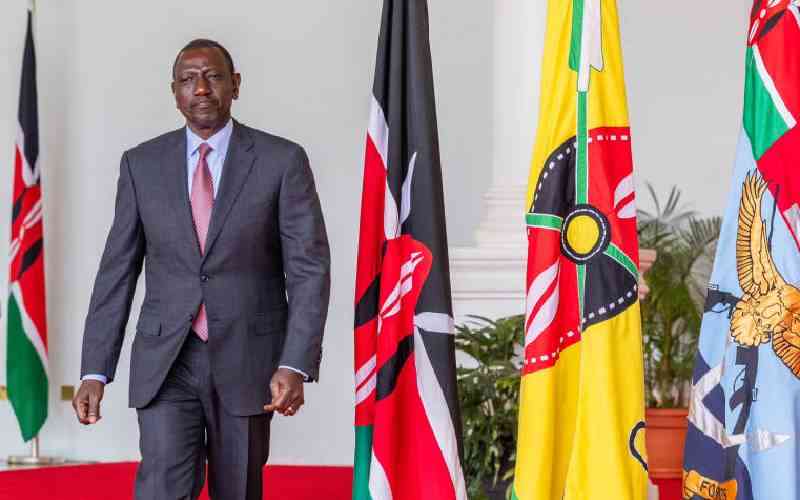×
The Standard e-Paper
Home To Bold Columnists

President William Ruto's political vicissitudes speak to the fickleness of Kenya's electorate.
They reveal how easy it is to go from hero to villain and back again. Clearly, the country's politics is not as mature as had been thought all along. It is not entirely driven by issues but by narratives; especially strong narratives that carry the day.